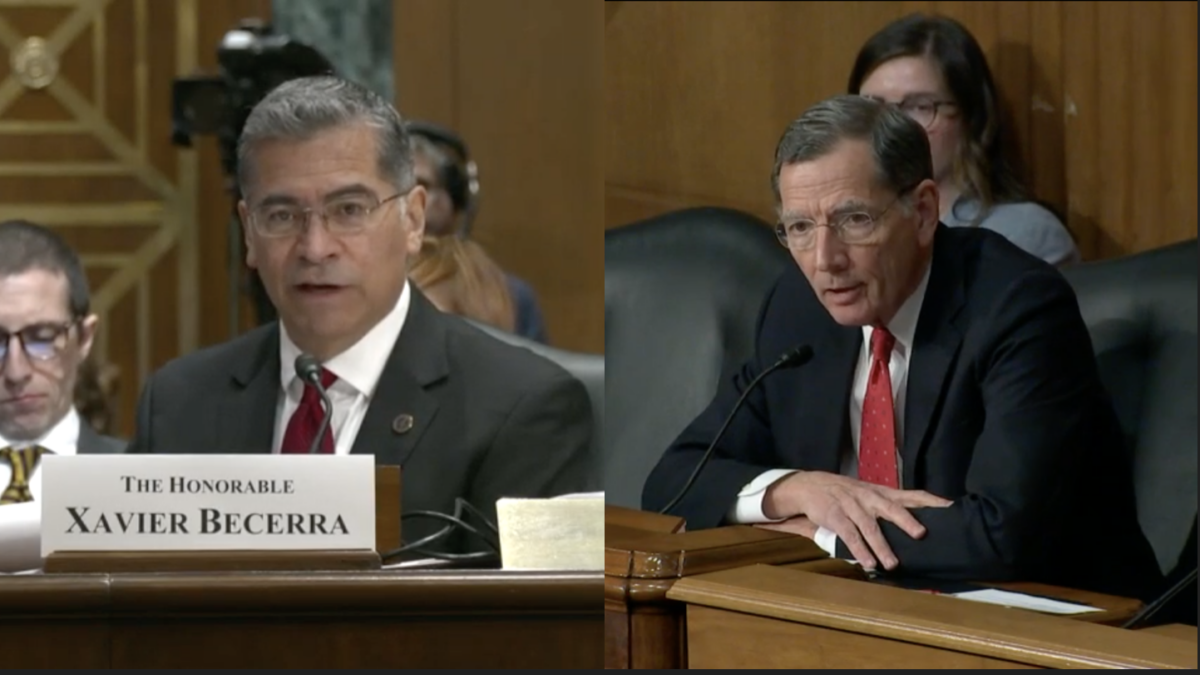So House Republicans have conceived a set of “principles” on immigration reform that they claim will allow them a compromise. Most notably, the GOP now supports the idea of allowing illegal immigrants to enjoy some sort of legal status – though not citizenship. For supporters of reform in the abstract — like me — this sounds like a sensible middle ground. And I still can’t understand why any elected Republican in his/her right mind would engage Democrats on this issue right now.
Wherever you stand, it seems prudent to have a political endgame in mind, or at least some realistic expectations about how events may unfold. Republican leadership refused to be bogged down by these kinds of trifling concerns during the debt ceiling/government shutdown and you have to wonder if they thought through the consequences of what they’re doing today.
After sounding like a party eager to make a deal on immigration a few days ago, this weekend on ABC, House Budget Committee Chairman Paul Ryan explained that reform was “in doubt.” He went on:
Here’s the issue that all Republicans agree on — we don’t trust the president to enforce the law. So if you actually look at the standards that the Republican leadership put out, which is security first, first we have to secure the border, have interior enforcement, which is a worker verification system, a visa tracking program. Those things have to be in law, in practice and independently verified before the rest of the law can occur. So it’s a security force first, non-amnesty approach.
If this is true –and Byron York wonders if House leaders are lulling anti-reform conservatives into complacency — then what’s the point of playing this game? There are two potential outcomes for engaging in negotiations are political losers for the GOP.
One scenario has nothing passing.
The chances of Democrats finally conceding to a “security force first, non-amnesty approach” is tiny, mostly because “amnesty”-first hasn’t just been incidental to the progressive’s immigration reform movement, it’s the idea powering it. Activists don’t take to the streets because they’re disappointed in the visa cap on the H-1B skilled-worker program. They do so for the idealistic notion that everyone deserves citizenship. Will Democrats simply drop the heart of their case? Will Democrats sign off on a deal that allows illegal immigrants to work here on a probationary pass, but denies them legal status until the border is secured – which may never happen? This seems dubious.
Even if we believe Obama, who has feigned openness to a solution that stops short of a pathway citizenship, it’s hardly the only problematic area to overcome. The most obvious is the security. Even if there was a practical way to agree on the structure of enforcement triggers that conservatives desire, Republicans, justifiably, are unlikely to trust this administration to implement law the way they written or trust the bureaucracy – “independently verified” or not — charged with pulling triggers. Maybe the next president will have better luck.
And maybe failure is the point. If recent history is any indication, it’s more probable that negotiations break down and Democrats see the debate as another opportunity to bury the GOP in their own red nativist soil, turning everyone’s attention to the rampant xenophobic, racist and intractable nature of the opposition. President Obama will then use the GOP’s noncooperation as an excuse to make good on his threat to utilize executive power and take credit for fixing the immigration system without anyone’s help. Oh, and rather than focusing on the past five years of economic stagnation or a stubbornly unpopular national health-care law, voters will hear a lot about immigration.
Another scenario, of course, is that Republicans believe they can avoid this fate and pull together enough support to join Democrats and pass something.
Even so, the GOP brand is unlikely to garner the credit Democrats keep assuring everyone it will. A few “reasonable” Republicans will be praised for their courageousness in standing up against the radicals that run the party otherwise. And then every poll measuring Hispanic political support for conservative positions will remain unbothered and unchanged by these events. What the GOP establishment will have is another ugly civil war on its hands, ignited over an issue that is only marginally significant to most voters — and they will have lit the fuse right before a potentially successful mid-term election that may have given them the Senate.
And for what? For those who actually care about healthy immigration system, one suspects that comprehensive reform passed under these conditions will work about as well as the last comprehensive reform worked. Worker verification systems, the visa tracking program and the entire bureaucratic machinery will likely not be fixed, but it will be, like Obamacare, in constant need of tweaking and reevaluating — and more political debate.
And about the legalization of those 11 million people … the GOP principle states:
…these persons could live legally and without fear in the U.S., but only if they were willing to admit their culpability, pass rigorous background checks, pay significant fines and back taxes, develop proficiency in English and American civics, and be able to support themselves and their families (without access to public benefits).
This is impractical and unreasonable– today, and when the Senate affixed similar requirements on a pathway to citizenship. Politicians erect hoops for no other reason than to avoid the word “amnesty.” How many citizens could even meet these requirements? We can either forgive people who broke the law and offer them a realistic chance to live in the United States or we should not. What both parties offer is not only unenforceable but counterproductive (putting millions of immigrants into debt seems like a dumb idea) and everyone probably knows it will never be fully implemented.
Then again, the most important part of this process is a Republican hope that Hispanic vote will magically be up for grabs once they learn Mitt Romney doesn’t want to drag them out of their homes and deport them.
Another debate over immigration will probably exacerbate, rather than mitigate, the perception that one party wants to send 11 million people packing. Will Hispanics, who vote like most other minority groups in this country, be no more likely to “listen” to Republicans when it comes block granting Medicare after the immigration bill is passed? Probably not. Or, at least, not because, of it.
Reportedly, the GOP brass concedes that a compromise in itself will not persuade Latino voters to support slashing capital gains taxes, but that a subsequent thawing will give conservatives the space they need to make case on an array of other issues. Perhaps a better idea for the GOP might be – and I’m just spitballing here – hatching some compelling and fresh ideas of their own and then trying to make a persuasive argument to Latinos.
Follow David Harsanyi on Twitter.









